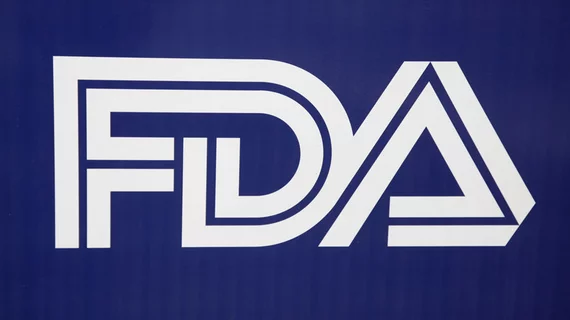Hahn confirmed as FDA commissioner
Stephen Hahn, MD, has been confirmed as commissioner of the FDA by the Senate in a 72-18 vote.
Hahn was nominated to lead the FDA by the White House and HHS on Nov. 1. Ned Sharpless, MD, had been acting commissioner of the agency since March and returned to his role as director of the National Cancer Institute. Hahn previously served as chief medical officer of the University of Texas MD Anderson Cancer Center in Houston.
“Having a confirmed FDA Commissioner of Dr. Hahn’s caliber will be a major boost to the already rapid pace of the President’s aggressive public health agenda,” HHS Secretary Alex Azar said in a statement. “Dr. Hahn brings an impressive set of scientific and leadership qualifications to the job, and I look forward to seeing the FDA and its people thrive under his leadership."
Sharpless, who as acting commissioner could not serve more than 210 days under federal law, served in place of former FDA head, Scott Gottlieb, who resigned in March.
In addition, Admiral Brett Giroir, assistant secretary for health, served as interim acting commissioner while Hahn’s nomination process was underway.
“I am also grateful to Admiral Brett Giroir and Dr. Ned Sharpless for their dedicated work as Acting Commissioners and for their enduring commitment to public health,” Azar said.
The confirmation of the new commissioner comes as the FDA is facing several new challenges, including a national health crisis associated with e-cigarette, or vaping, illnesses and deaths, and a wave of new digital therapies. Gottlieb’s resignation left the agency’s direction on e-cigarette regulations up in the air.

